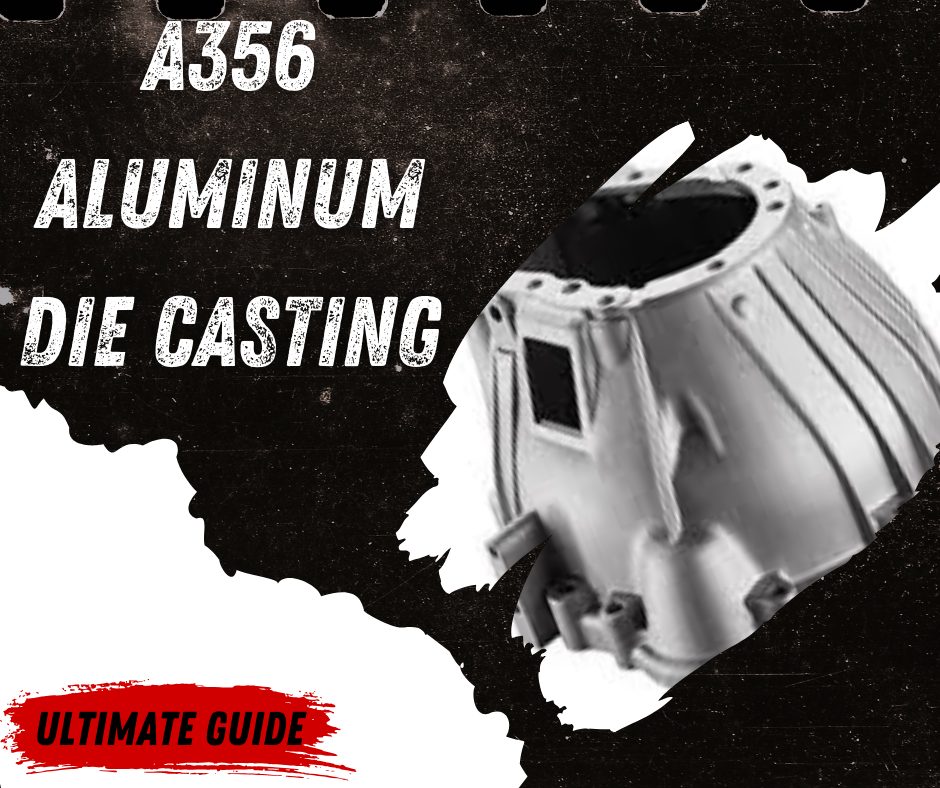Not known Details About Alcast Company
Not known Details About Alcast Company
Blog Article
Fascination About Alcast Company
Table of ContentsThe Facts About Alcast Company UncoveredWhat Does Alcast Company Mean?A Biased View of Alcast CompanyExcitement About Alcast CompanyAbout Alcast CompanyHow Alcast Company can Save You Time, Stress, and Money.
Chemical Comparison of Cast Light weight aluminum Alloys Silicon promotes castability by reducing the alloy's melting temperature level and enhancing fluidness during casting. Additionally, silicon contributes to the alloy's stamina and wear resistance, making it important in applications where sturdiness is important, such as vehicle parts and engine components.It additionally enhances the machinability of the alloy, making it simpler to refine right into ended up items. By doing this, iron adds to the total workability of light weight aluminum alloys. Copper increases electric conductivity, making it useful in electrical applications. It also enhances corrosion resistance and adds to the alloy's overall toughness.
Manganese adds to the strength of light weight aluminum alloys and improves workability. Magnesium is a light-weight element that gives stamina and effect resistance to light weight aluminum alloys.
How Alcast Company can Save You Time, Stress, and Money.
It allows the production of light-weight parts with excellent mechanical residential properties. Zinc enhances the castability of light weight aluminum alloys and aids manage the solidification procedure during casting. It enhances the alloy's strength and firmness. It is typically found in applications where detailed forms and fine details are essential, such as decorative castings and specific automotive parts.

The main thermal conductivity, tensile toughness, yield strength, and elongation differ. Select appropriate basic materials according to the efficiency of the target product generated. Amongst the above alloys, A356 has the highest possible thermal conductivity, and A380 and ADC12 have the least expensive. The tensile restriction is the opposite. A360 has the finest return stamina and the highest possible prolongation price.
How Alcast Company can Save You Time, Stress, and Money.

In accuracy spreading, 6063 is fit for applications where detailed geometries and high-quality surface coatings are paramount. Instances include telecommunication enclosures, where the alloy's premium formability enables sleek and visually pleasing layouts while maintaining architectural stability. Likewise, in the Illumination Solutions sector, precision-cast 6063 components produce sophisticated and efficient lighting fixtures that need complex forms and good thermal efficiency.
The A360 shows exceptional elongation, making it excellent for complex and thin-walled elements. In precision casting applications, A360 is fit for sectors such as Consumer Electronic Devices, Telecommunication, and Power Tools.
The Ultimate Guide To Alcast Company
Its one-of-a-kind residential or commercial properties make A360 a valuable selection for precision spreading in these sectors, improving item resilience and high quality. Aluminum alloy 380, or A380, is a commonly utilized spreading alloy with several distinct features. It provides outstanding castability, making it an excellent option for accuracy spreading. A380 shows excellent fluidity when molten, ensuring detailed and comprehensive molds are properly recreated.
In precision spreading, light weight aluminum 413 radiates in the Customer Electronic Devices and Power Devices sectors. It's commonly made use of to craft elaborate parts like smartphone housings, electronic camera bodies, and power device coverings. Its accuracy is remarkable, with tight tolerances as much as 0.01 mm, ensuring perfect product assembly. This alloy's exceptional corrosion resistance makes it an excellent choice for outdoor applications, making certain resilient, resilient products in the mentioned sectors.
Get This Report about Alcast Company
When you have decided that the light weight aluminum pass away casting process is suitable for your project, a crucial following action is choosing the most appropriate alloy. The light weight aluminum alloy you select will considerably impact both the spreading procedure and the properties of the end product. As a result of this, you have to make your choice carefully and take an informed approach.
Identifying the most suitable aluminum alloy for your application will certainly mean weighing a wide variety of features. These relative alloy qualities follow the North American Die Casting Association's guidelines, and we've split them into 2 classifications. The first group addresses alloy characteristics that affect the manufacturing procedure. The 2nd covers qualities impacting the properties of the end product.
7 Simple Techniques For Alcast Company
The alloy you choose for die spreading straight impacts a number of facets of the spreading process, like just how easy the alloy is to deal with and if it is prone to casting flaws. Warm splitting, also referred to as solidification breaking, is a common die spreading problem for aluminum alloys that can lead to internal or surface-level tears or splits.
Particular aluminum alloys are more at risk to warm splitting than others, and your option ought to consider this. An additional common flaw discovered in the die spreading of aluminum is pass away soldering, which is when the cast adheres to the die walls and makes ejection difficult. It can harm both the actors and the die, so you should look for alloys with high anti-soldering residential properties.
Rust resistance, which is currently a significant quality of aluminum, can differ considerably from alloy to alloy and is a crucial characteristic to take into consideration relying on the ecological conditions your product will certainly be revealed to (Aluminum Castings). Put on resistance is one more building generally sought in aluminum products and can set apart some alloys
Report this page